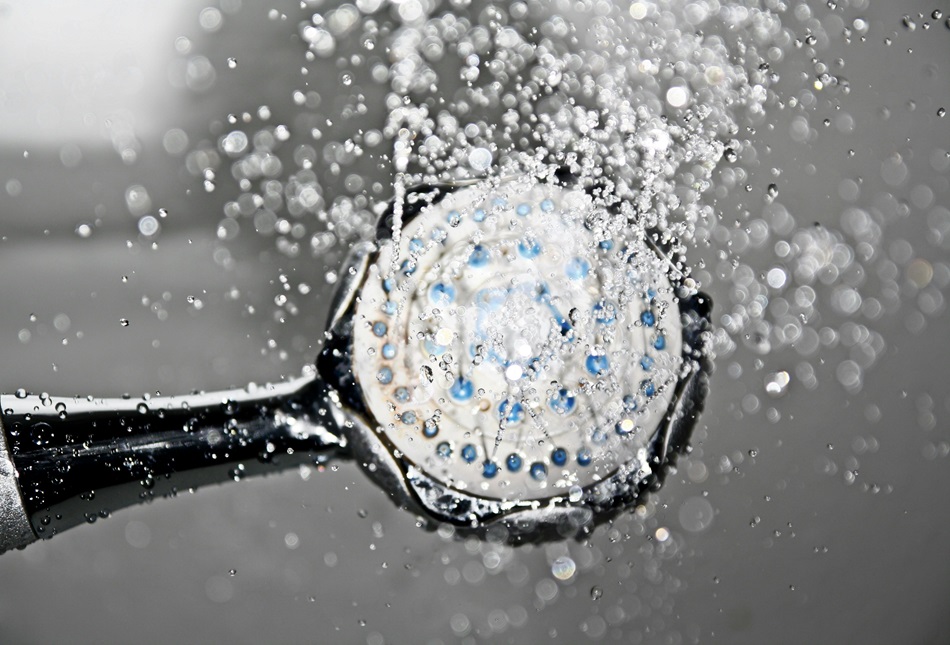Understanding Home Hot Water Systems
Hot water is a necessity in any home, vital for comfortable showers, efficient cleaning, and a host of other domestic duties. Yet, managing a home hot water system can sometimes turn into a steamy situation with various challenges that can disrupt daily life. From system malfunctions to inefficiencies in water heating, homeowners often find themselves in need of solutions. This guide aims to navigate these hot water challenges, ensuring you always have access to the steamy comforts of home.
Choosing the Right Water Heater
The first step in resolving hot water challenges is choosing the right water heater. There are several types on the market, each with its pros and cons. Traditional tank water heaters store large volumes of pre-heated water, while tankless water heaters heat water on demand, potentially reducing energy costs. For those looking for a reliable brand, considering a system like the Rheem hot water heaters might be beneficial. They offer various models that cater to different household needs, ensuring that efficiency and longevity are within reach.
Dealing with Water Temperature Issues
A common complaint among homeowners is water temperature issues, which can range from water being too hot or too cold, to fluctuations in temperature during use. Several factors can cause these issues:
- Faulty Thermostats: A malfunctioning thermostat may not accurately gauge and control the water temperature.
- Sediment Build-up: In tank water heaters, sediment can accumulate at the bottom, affecting water temperature control.
- Overloaded Systems: Inadequate water heaters may struggle to supply enough hot water during peak times.
Regular maintenance, such as flushing the tank annually and checking the thermostat settings, can often resolve these issues. For more persistent problems, it may be necessary to consult with a professional to check for component malfunctions or consider upgrading to a more suitable unit.
Increasing Hot Water Efficiency
Efficiency in hot water usage not only saves energy but also reduces utility bills. Here are some strategies to enhance the efficiency of your hot water system:
- Insulation: Insulating hot water pipes and the heater itself can reduce heat loss, keeping water hotter for longer and reducing heating demands.
- Upgrading to Energy-Efficient Models: Modern water heaters are more efficient, with better designs and technology like heat pumps or solar heating solutions.
- Regular Maintenance: Keeping the water heater in good working order ensures it operates at peak efficiency.
Investing in energy-efficient fixtures and appliances that use less hot water, such as low-flow showerheads and faucets, also contributes to overall water conservation and efficiency.
Solving Hard Water Woes
Hard water, which contains high levels of calcium and magnesium, can be a significant challenge as it leads to scaling and sediment build-up in water heaters. This not only decreases efficiency but can also shorten the life span of the heater. Solutions include:
- Water Softeners: Installing a water softener in your home can prevent the buildup of minerals in the water heater and other appliances.
- Vinegar Flush: Performing a vinegar flush to remove the scale from tank walls can extend the life of the unit.
Tackling Inconsistent Hot Water Supply
Another frequent issue is an inconsistent supply of hot water, which can be particularly frustrating during peak times. Solutions include:
- System Upgrades: If your current system is too small for your household’s needs, upgrading to a larger tank or switching to a tankless system might be necessary.
- Recirculating Systems: Installing a recirculating system ensures that hot water is available on demand, reducing waiting times and conserving water.
Preventative Measures and Regular Check-Ups
Regular check-ups and preventative maintenance are crucial in resolving and avoiding hot water challenges. Scheduling annual inspections with a certified professional can help detect issues before they become severe problems. These check-ups can include:
- Anode Rod Inspection: Checking and replacing the anode rod can prevent rust and corrosion inside the tank.
- Pressure Relief Valve Tests: Ensuring the pressure relief valve functions correctly can prevent excessive pressure buildup, which could lead to tank damage.
Mastering Your Home Hot Water System
Navigating the challenges of home hot water systems requires a combination of proactive maintenance, efficiency upgrades, and sometimes, strategic replacements. By understanding the components and demands of your hot water system, you can ensure that it runs smoothly and efficiently, providing comfortable and consistent hot water for your household. Whether it’s upgrading to a more efficient model, tackling hard water problems, or simply staying on top of regular maintenance, there are plenty of steps you can take to solve even the steamiest of situations.
Photo by Pixabay: https://www.pexels.com/photo/black-shower-head-switched-on-161502/

